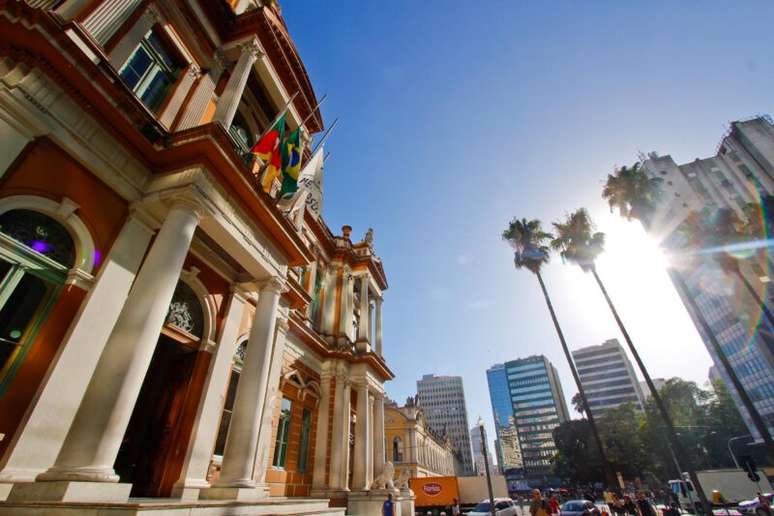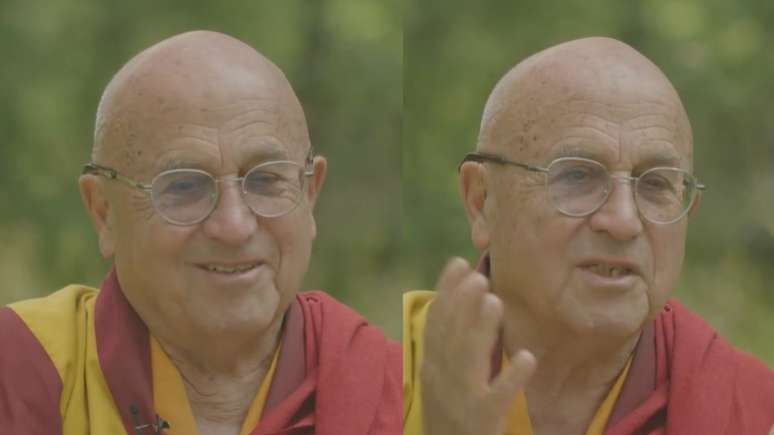Hydroxychloroquine and chloroquine are drugs traditionally used to treat malaria. During the onset of the Covid-19 pandemic, these drugs gained prominence due to their potential in fighting the virus. The controversy around these substances began in February 2020. Didier Raoult, a renowned French doctor at the time, promoted hydroxychloroquine as an effective treatment against Covid-19, supporting his claims with studies that were then widely criticized by the scientific community. After more than four years, this study was invalidated by the editor of the scientific journal in which it was published.
What factors have driven the popularity of chloroquine?
Information about the potential effectiveness of chloroquine has spread rapidly. In March 2020, a study led by Didier Raoult was published in the International Journal of Antimicrobial Agents, supporting that hydroxychloroquine, combined with azithromycin, could be effective. However, in October 2023, publisher Elsevier retracted the article due to ethical and methodological issues discovered in an extensive investigation.
The publicity of this treatment has generated expectations among the population and government authorities, such as Emmanuel Macron in France and Jair Bolsonaro in Brazil, who have openly supported its use. In several countries, hydroxychloroquine was promoted for early treatment of Covid-19 before vaccines were widely available.
How has the scientific community responded to this movement?
Amid the public outcry, many scientists and researchers have launched more comprehensive studies to evaluate the real effectiveness of hydroxychloroquine against Covid-19. Investigations such as the British Recovery study and the World Health Organization’s Solidarity survey concluded that hydroxychloroquine was not effective in preventing or treating coronavirus.
In addition to questioning their effectiveness, the medical community has highlighted the possible adverse side effects, mainly cardiovascular problems associated with the use of the drugs, which has reinforced the need for caution when prescribing the substances.
During the height of the pandemic, hydroxychloroquine became a polarizing topic, not only in the medical field but also on the political scene. In Brazil, Jair Bolsonaro’s government has enacted several measures that facilitate the prescription of the drug. One example was the launch of the TrateCov app, which suggested the use of hydroxychloroquine among other drugs, which was taken offline after criticism. These measures have been criticized by public health experts and have raised concerns about public trust in science. The political-scientific debates have divided opinions and led to the reevaluation of communication and information strategies in health crisis contexts.
Source: Terra
Rose James is a Gossipify movie and series reviewer known for her in-depth analysis and unique perspective on the latest releases. With a background in film studies, she provides engaging and informative reviews, and keeps readers up to date with industry trends and emerging talents.




![A Better Life Preview: What’s in store for Wednesday, October 22, 2025 Episode 447 [SPOILERS] A Better Life Preview: What’s in store for Wednesday, October 22, 2025 Episode 447 [SPOILERS]](https://fr.web.img5.acsta.net/img/f8/43/f843493759d61370dcef713a987b0620.jpg)

-u856n76lmfjq.jpg)
